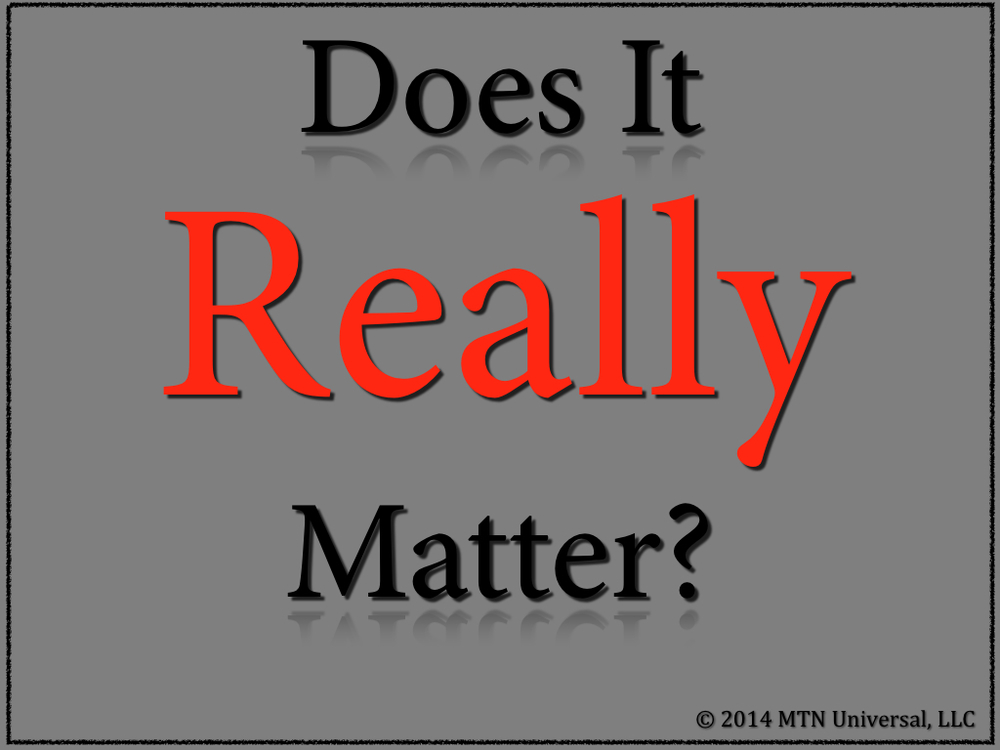The Leagues of Votann have caused quite the disturbance within the Warhammer 40,000 online community. From the forums of Dakka Dakka to the editorials on multiple highly trafficked blog sites, the cries for the banning of the new League of Votann are gaining steam.
The competitive gaming community and Games Workshop have a troublesome history when it comes to the outright banning of codices and/or individual units in a tournament setting. The banning of overpowered items is not a foreign concept in competitive card games such as Magic the Gathering and Yu-gi-oh, but in the tabletop war gaming community the use of bans is taboo. That’s not to say that we as a community have not come close to doing so in the past, or took baby steps by modifying the core game in a way that stopped certain units or combinations from being taken. The Warhammer Fantasy community came together in the later years of the game and banned codices like Chaos Daemons and Vampire Counts due to their overwhelming superiority. Hell, just look at how the ITC came into existence. The tail end of 7th edition Warhammer 40,000 was a mess, with the same problems plaguing it that had destroyed Warhammer Fantasy. The GW sales team took over the writing of the rules, where rules were written to sell models. This was the time period that the current GW CEO stated that they were a model company, not a rules company, and boy did this reflect on the games they were producing.
So, why do we find ourselves once again having this debate?
8th edition started well enough, the initial codices were mostly balanced, the indexes that were released brought all the factions in line with each other for the new edition. Slowly, a new pattern emerged. The complaints from the community regarding the newly released Space Marine codex, which included the new Primaris line of Marines, seemed to be answered with faction releases with increasingly powerful offensive outputs. The new edition reduced the play space, reduced the amount of points per model, and turned the offensive power up to 11. Games were being won by the end of turn 2, and came down to who went first. Well, Games Workshop heard the issues, and began to release FAQ and Errata shortly after each new release, toning down what was deemed to be over-powered. Here is where a new pattern emerged. With each new release, new models (or slow selling old models) were given rules that seemingly broke the game, only to be toned down with the FAQ and Errata a month or so after the release. The cynical side of me likes to think this gives the company time to sell the models before nerfing them to the point that sales slow down. Rinse, repeat, on to the next release. From a business standpoint it is a brilliant way to boost sales on the release, and keep the shareholders happy. We, as a community, tend to forget that the company behind our beloved games is beholden to the shareholders above all else. They HAVE to make a profit, or, they will find themselves out of a job. We may not LIKE this fact, but it doesn’t change the fact that it IS a fact.
Now, does banning new releases from participating in tournaments help the matter or hurt it?
Ultimately, I don’t feel like banning new releases from the tournament scene would hurt Games Workshop’s bottom line enough to force them into changing their business model. We, as tournament players, tend to feel like we are the end all be all consumers of Games Workshop products but that is just not the case. The vast majority of people who buy product from GW do so from a hobby standpoint and almost never play competitively. People who get together with their friends once or twice a month to roll dice, drink beer, and have a laugh over the game don’t care if something auto wounds and does spill over damage. The majority of Games Workshop’s customers make house rules, and play 3 way battles, and play with power levels. These people build and paint models to put on their shelves and show their family. Competitive 40k is great, and has seen a huge increase in the amount of players that turn up for events, but we cannot forget that is a tiny fraction of the overall Games Workshop market.
So gnash your teeth, write angry blogs about the end of the competitive scene as we know it. Protest by not participating in your local 20 person tournament. If this makes you feel like your ‘showing’ Games Workshop what’s up then by all means keep it up. They will continue to run their business as they see fit, making the most profit they can while providing all of us grown up children the best gaming experience they can.
And remember, Frontline Gaming sells gaming products at a discount, every day in their webcart!
And remember, Frontline Gaming sells gaming products at a discount, every day in their webcart!

